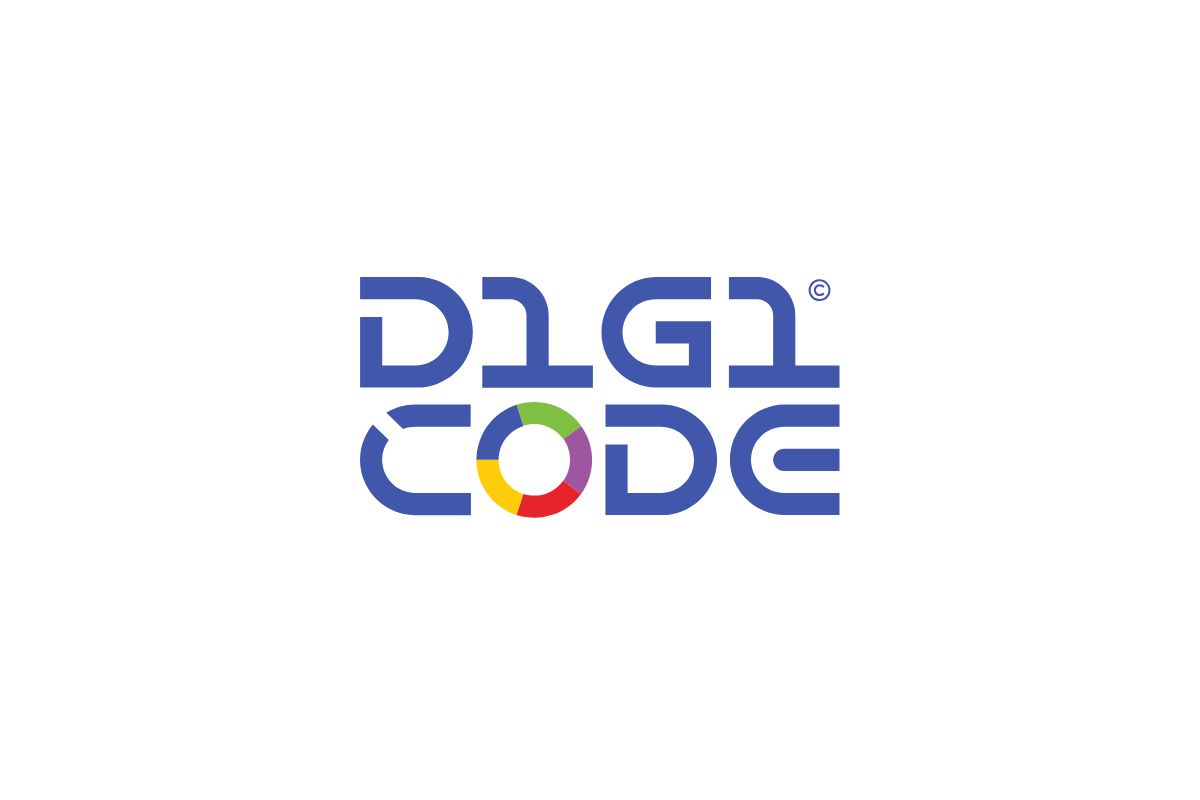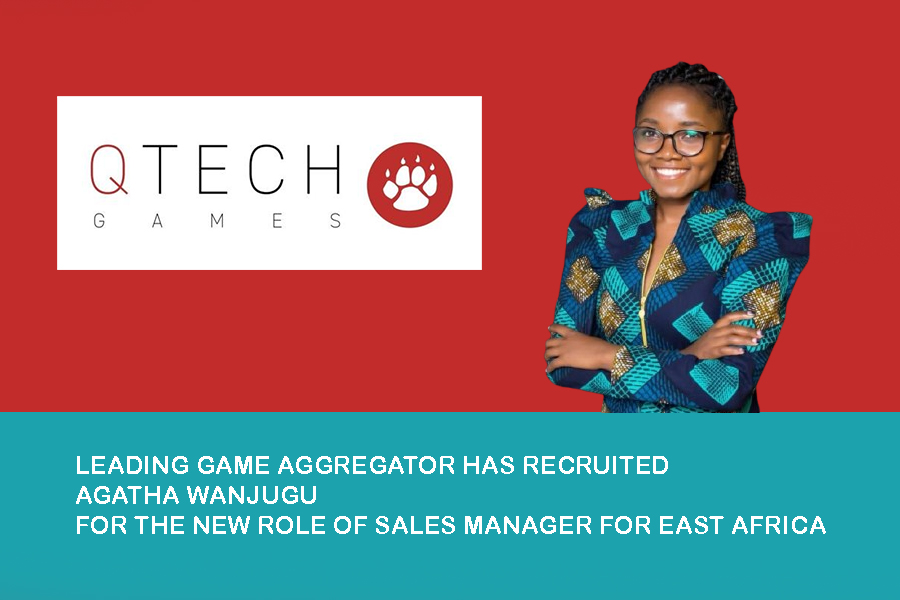Industry News
How Does Generative AI Affect the Development of the iGaming Industry, and Why Is the Human Factor Still Important for These Technologies

AI can completely change how games are created and played catching up with increasing need for immersive gaming experiences. Itai Zak, Executive Director at Digicode iGaming division, believes that generative AI in iGaming holds boundless possibilities, offering transformative opportunities to enhance player experiences, drive innovation, and shape the future of the industry. In September 2024, Itai will take part at SBC Summit in Lisbon where AI`s impact on igaming will be discussed by industry as well.
How AI was introduced to iGaming
Recent years have seen tremendous changes in the iGaming sector due to technological breakthroughs such as AI. The industry aspires to adopt this technology to enhance the gaming experience and make it more vibrant and thrilling.
Businesses have numerous options to improve productivity and cut expenses by using AI technology. For example, AI chatbots for customer support decreased operating expenses by 30% in the iGaming sector. It is essential to embrace this technology evolution to remain competitive in the altering corporate world of today.
Exploring the impact of generative AI on iGaming development
Generative AI, with its capacity to simulate human-like creativity and generate content autonomously, has profoundly impacted the iGaming industry in several crucial ways. Here are the most significant impacts:
- Content generation and game development. With the ability to generate diverse and dynamic content, AI algorithms are reshaping the gaming landscape by providing developers with unprecedented creative freedom and efficiency.
- Personalized sports betting recommendations. Generative AI empowers iGaming platforms to deliver personalized sports betting recommendations tailored to each player’s preferences and interests.
- Enhanced fraud detection and security. By analyzing vast amounts of transactional data and player interactions, AI-powered fraud detection systems can identify suspicious patterns and behaviors in real time, thereby minimizing risks and safeguarding the integrity of online gambling operations.
In summary, AI has a significant and comprehensive influence on iGaming. To provide a safe and engaging gaming experience for all players, it is crucial to find a balance between innovation and responsible games.
How generative AI reshapes iGaming and why human involvement is still needed
The integration of AI in iGaming has become increasingly prevalent, offering operators and players alike the benefits ranging from enhanced personalization to improved security measures. However, alongside the technological advancements facilitated by AI, it is crucial to recognize the important significance of the human factor in the iGaming ecosystem.
Here are several reasons why the human factor remains indispensable in the utilization of AI in iGaming:
- Creativity and innovation. Human game developers possess the ability to conceptualize original ideas and craft immersive gaming experiences that resonate with players on a profound level.
- Player empathy and understanding. AI algorithms can analyze data to identify patterns and trends, but they lack the innate empathy and intuition of human operators who can empathize with players’ needs and desires on a deeper level.
- Ethical oversight and responsible gaming. Human oversight is extremely important in ensuring that AI algorithms are deployed responsibly and ethically, with safeguards to protect vulnerable players and mitigate potential harms associated with excessive gambling behavior.
While AI systems excel at processing structured data and performing predefined tasks, they may struggle to navigate complex scenarios or unforeseen contingencies that require human judgment and intuition. By combining the analytical prowess of AI with the adaptability of human operators, iGaming companies can achieve a synergistic balance that maximizes operational efficiency and responsiveness, driving sustainable growth and success in the dynamic iGaming landscape.
Ensuring ethical and responsible use of generative AI in iGaming
The integration of AI in the iGaming industry is marking a step in a new era of innovation, efficiency, and personalized experiences. However, along with its transformative potential, AI also presents a range of ethical challenges that warrant careful consideration and proactive mitigation strategies.
We can look into some of the key ethical challenges in the use of AI in iGaming:
- Responsible gaming and player protection. While AI algorithms can analyze vast amounts of player data to identify patterns indicative of problem gambling behavior, there is a risk of overreliance on AI-driven interventions without sufficient human oversight.
- Data privacy and security. AI algorithms rely on vast datasets to make informed decisions and deliver personalized experiences, raising questions about consent, transparency, and data protection practices.
- Algorithmic bias and fairness. AI algorithms are susceptible to bias, reflecting and perpetuating existing societal biases present in the data used for training and decision-making.
In conclusion, while AI technologies offer tremendous opportunities for innovation and advancement in the iGaming industry, they also present complex ethical challenges that require careful consideration and proactive mitigation strategies. By prioritizing responsible gaming practices, data privacy, security, and fairness, operators can harness the power of AI to deliver engaging, and ethical gaming experiences that prioritize player well-being and uphold ethical standards.
What is next for iGaming and generative AI?
The future of generative AI in iGaming holds immense promise and aims to keep revolutionizing the industry in unprecedented ways and reshape the gaming landscape as we know it.
As technological advancements continue to accelerate and AI capabilities evolve, we can anticipate several key trends and developments that will shape the future of iGaming:
- Hyper-personalized gaming experiences. Generative AI will enable iGaming operators to deliver hyper-personalized gaming experiences tailored to each player’s unique preferences, behaviors, and preferences.
- Procedural content generation. AI-powered content generation tools will streamline the game development process, allowing developers to generate endless variations of game content quickly and efficiently.
- AI-driven game design and balancing. AI algorithms will analyze player interactions, feedback, and gameplay telemetry data to fine-tune game parameters dynamically, ensuring optimal balance between challenge and reward.
By harnessing the power of generative AI, iGaming operators can unlock new levels of personalization and engagement, creating compelling gaming experiences that captivate players and propel the industry forward into a new era of gaming innovation and excitement.
About Digicode
Digicode is a leading global IT service provider with a worldwide presence and offices in the USA, UK, and EU countries. It specializes in delivering top-tier solutions in software development, cloud computing, artificial intelligence, big data, and automation across various industries, including iGaming, FinTech, healthcare, e-learning, and digital marketing. Working with top iGaming brands, operators, and suppliers, the company provides cutting-edge
technology, products, and solutions across all iGaming verticals—from game design and development to banking, cashier, and payment gateways, as well as comprehensive iGaming platforms and seamless integration with value-added providers. Trusted by clients in over 25 countries, Digicode is at the forefront of innovation and reliability in IT services.
-

 Asia2 days ago
Asia2 days agoDigital gaming disruption tackled in 1st AsPac Regulators’ Forum
-
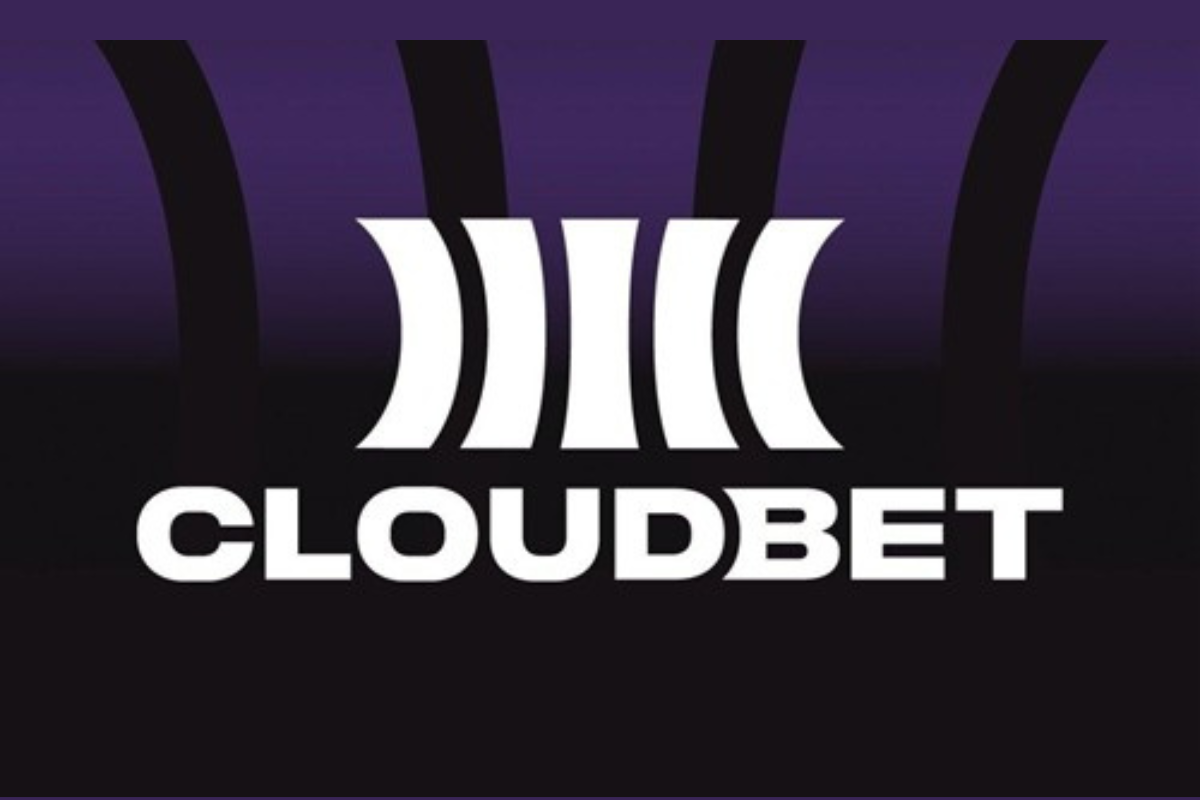
 Latest News5 days ago
Latest News5 days agoCloudbet maps regional betting trends in August–September 2025
-

 Latest News6 days ago
Latest News6 days agoHigh Roller Launches New Online Casino Brand in Finland
-

 Latest News6 days ago
Latest News6 days agoNetBet Denmark expands its casino library by adding SYNOT Games as a provider
-
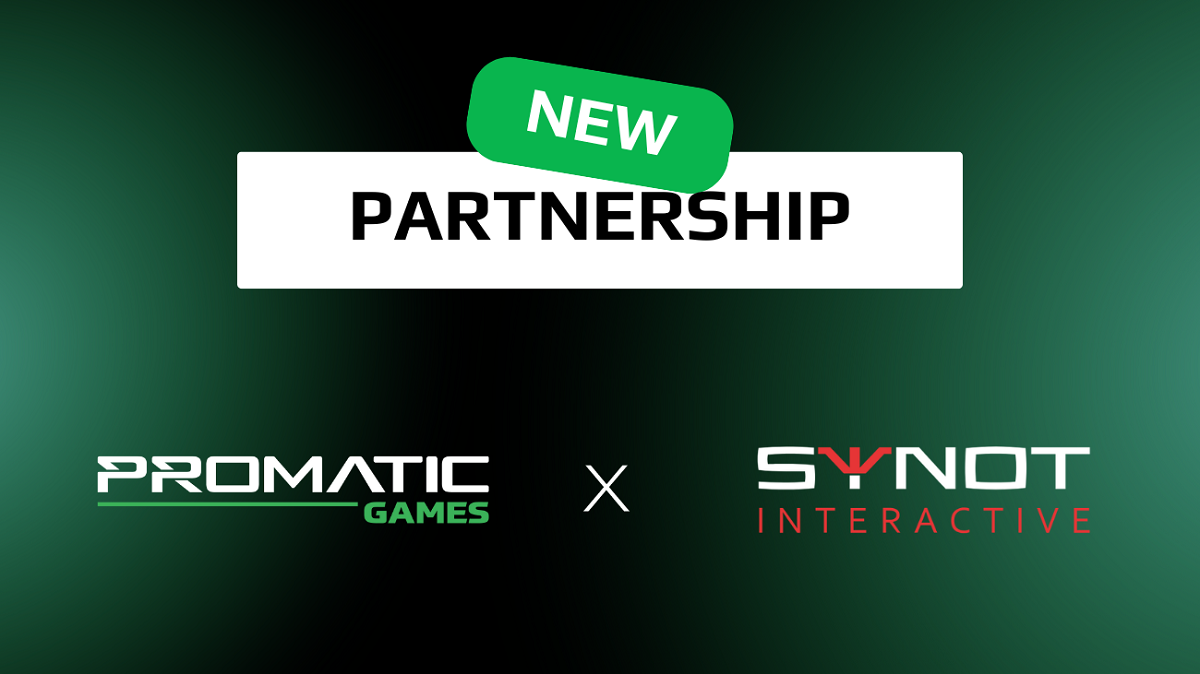
 Central Europe6 days ago
Central Europe6 days agoPromatic Games and SYNOT Interactive Announce Strategic Partnership to Strengthen iGaming Expansion in Central and Eastern Europe
-

 Asia5 days ago
Asia5 days agoPAGCOR chief pushes for stricter regulation, not online gaming ban
-
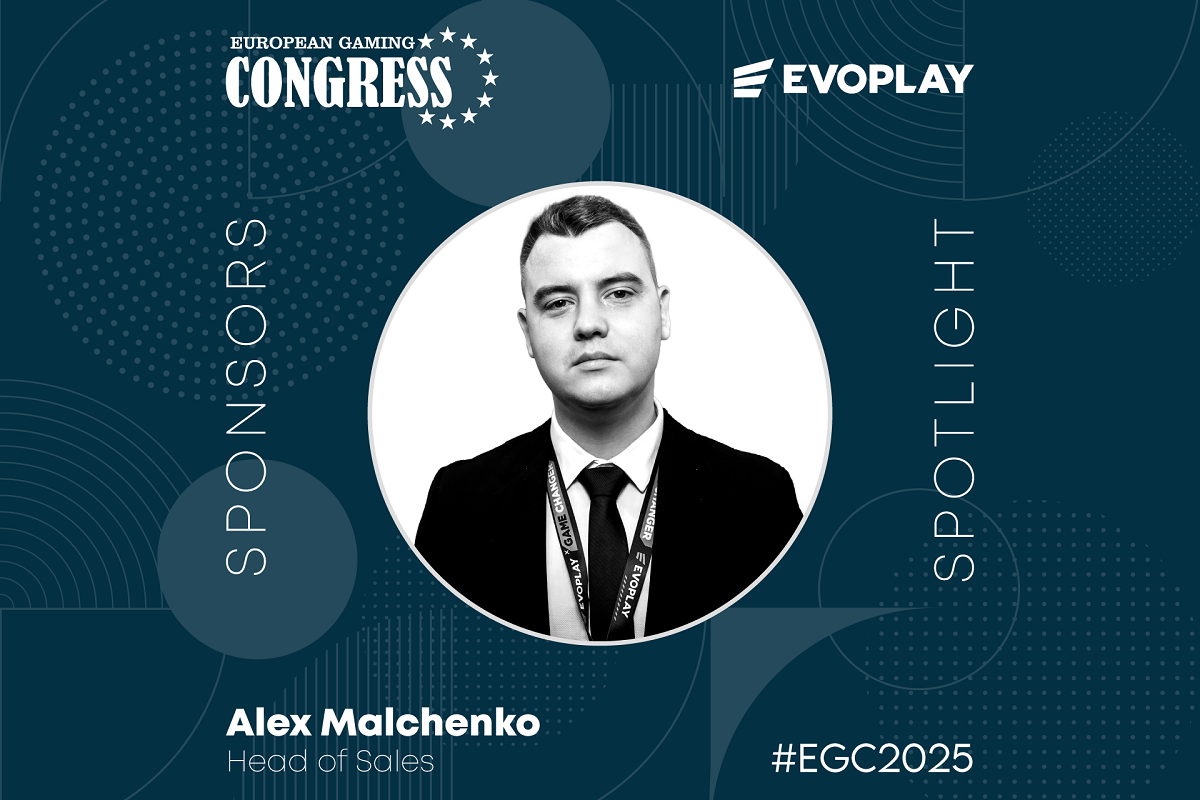
 Conferences in Europe5 days ago
Conferences in Europe5 days agoStrategies that Scale: Evoplay’s Alex Malchenko on Cracking the Code of Localised iGaming Success
-
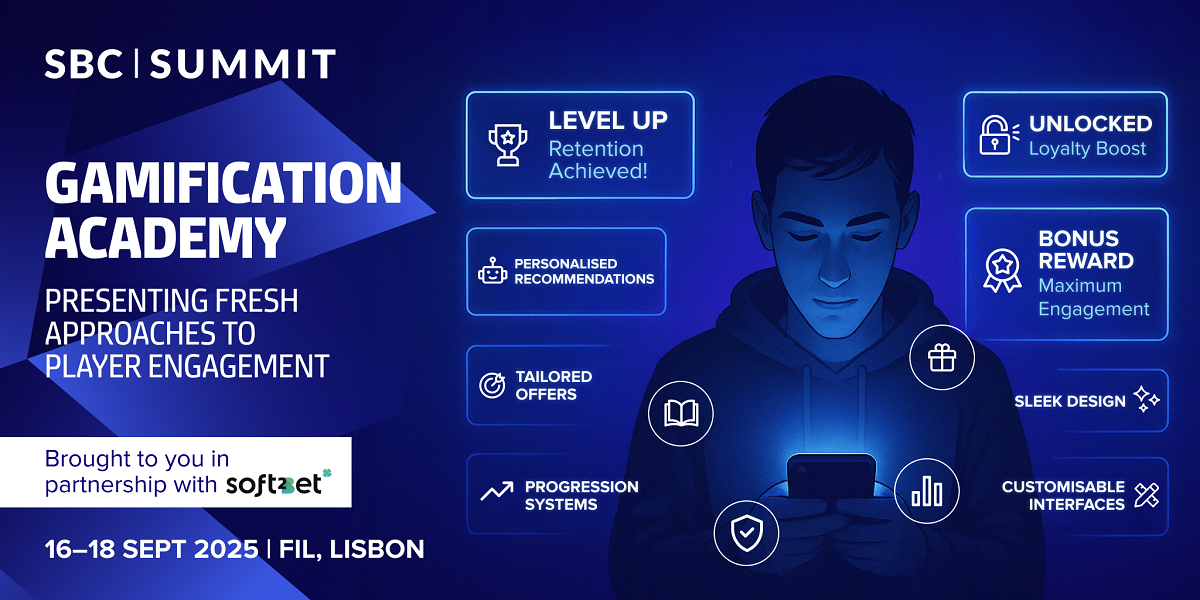
 Conferences in Europe5 days ago
Conferences in Europe5 days agoNew Gamification Academy at SBC Summit to Present Fresh Approaches to Player Engagement








